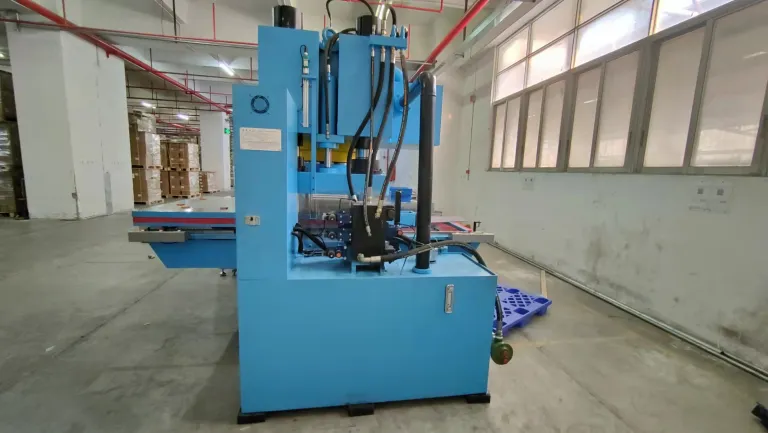While the enjoyment of solving a puzzle is evident, the intricate process of puzzle making often goes unnoticed. Puzzle making equipment plays a crucial role in shaping the puzzles we love, from the initial design phase to the final packaging. In this article, we’ll take a behind-the-scenes look at how puzzle making equipment influences the creation of our favorite puzzles.
Design and Preparation
The journey of creating a puzzle begins with the design phase, where designers use specialized software to create intricate puzzle patterns and layouts. Once the design is finalized, it is transferred to the puzzle making equipment, where it undergoes a series of processes to bring it to life. This includes selecting the appropriate materials, setting up the cutting parameters, and preparing the equipment for production.
Cutting and Shaping
Once the design is loaded into the puzzle making equipment, the cutting process begins. Depending on the complexity of the design and the desired quality of the puzzle, different cutting techniques may be employed. Puzzle cutting machines use precise blades or lasers to cut through puzzle boards, creating individual pieces with smooth edges and precise shapes. This step requires meticulous attention to detail to ensure that each piece fits seamlessly with the rest of the puzzle.
Sorting and Packaging
After the puzzle pieces are cut, they undergo a sorting process to organize them according to size, shape, and color. This step is crucial for ensuring that the puzzle can be assembled correctly by the end user. Once sorted, the puzzle pieces are carefully packaged, often with an image of the completed puzzle for reference. Packaging equipment ensures that the puzzle remains intact and protected during storage and transportation.
Quality Control
Throughout the puzzle making process, quality control measures are implemented to ensure that each puzzle meets the highest standards of quality and craftsmanship. This includes inspecting the puzzle pieces for any defects or imperfections, as well as conducting tests to ensure that they fit together smoothly. Any puzzles that do not meet the specified criteria are discarded or reworked to maintain consistency and quality across the board.
Innovation and Advancements
In recent years, puzzle making equipment has undergone significant advancements to meet the evolving demands of the market. From faster cutting speeds to enhanced customization options, manufacturers are constantly pushing the boundaries of what is possible with puzzle making equipment. These innovations not only improve the efficiency of the puzzle making process but also open up new opportunities for creativity and customization.
Conclusion
In conclusion, puzzle making equipment plays a vital role in shaping the puzzles we know and love, from the design phase to the final product. Through advanced cutting techniques, precise sorting processes, and rigorous quality control measures, this equipment ensures that each puzzle meets the highest standards of quality and craftsmanship. So, the next time you enjoy solving a puzzle, take a moment to appreciate the intricate process behind its creation, made possible by puzzle making equipment.
